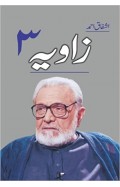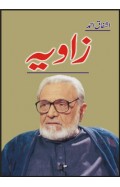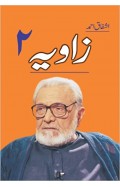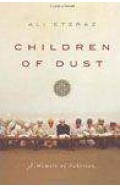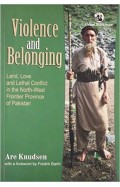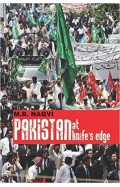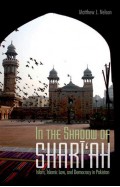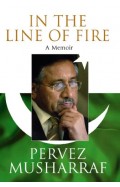- Home
- Books
- Categories
- Non Fiction
- History
- The Pakistan Cauldron Conspiracy Assassination And Instability
The Pakistan Cauldron Conspiracy Assassination And Instability
By: Farewell
-
Rs 895.50
- Rs 995.00
- 10%
You save Rs 99.50.
Due to constant currency fluctuation, prices are subject to change with or without notice.
| Book | |
| What's in the Box? | 1 x The Pakistan Cauldron Conspiracy Assassination And Instability |
The Pakistan Cauldron Conspiracy Assassination And Instability
By: Farewell
Rs 895.50 Rs 995.00 Ex Tax :Rs 895.50
Zubin Mehta: A Musical Journey (An Authorized Biography)
By: VOID - Bakhtiar K. Dadabhoy
Rs 472.50 Rs 1,050.00 Ex Tax :Rs 472.50
1001 Inventions The Enduring Legacy Of Muslim Civilization
By: Salim T S Al-Hassani
Rs 5,001.75 Rs 7,695.00 Ex Tax :Rs 5,001.75
The Pakistan US Conundrum Jihadists The Military And The People The Struggle For Control
By: Yunas Samad
Rs 1,255.50 Rs 1,395.00 Ex Tax :Rs 1,255.50
Violence And Belonging Land Love And Lethal Conflict In The North West Frontier Province of Pakistan
By: Are Knudsen
Rs 2,155.50 Rs 2,395.00 Ex Tax :Rs 2,155.50
The Pakistan Cauldron Conspiracy Assassination And Instability
By: Farewell
Rs 895.50 Rs 995.00 Ex Tax :Rs 895.50
In the Shadow of Shari'ah: Islam, Islamic Law and Democracy in Pakistan
By: Matthew J Nelson
Rs 2,605.50 Rs 2,895.00 Ex Tax :Rs 2,605.50
1001 Inventions The Enduring Legacy Of Muslim Civilization
By: Salim T S Al-Hassani
Rs 5,001.75 Rs 7,695.00 Ex Tax :Rs 5,001.75
No recently viewed books available at the moment.
Zubin Mehta: A Musical Journey (An Authorized Biography)
By: VOID - Bakhtiar K. Dadabhoy
Rs 472.50 Rs 1,050.00 Ex Tax :Rs 472.50
The Pakistan Cauldron Conspiracy Assassination And Instability
By: Farewell
Rs 895.50 Rs 995.00 Ex Tax :Rs 895.50
1001 Inventions The Enduring Legacy Of Muslim Civilization
By: Salim T S Al-Hassani
Rs 5,001.75 Rs 7,695.00 Ex Tax :Rs 5,001.75












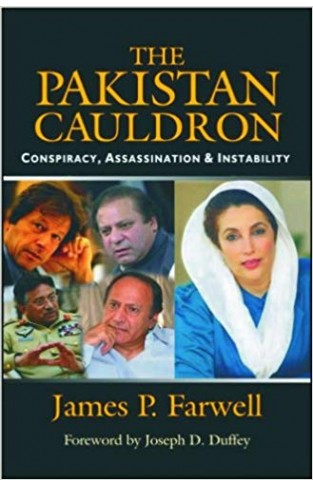
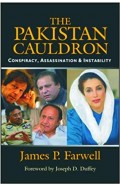
-120x187.jpg?q6)






